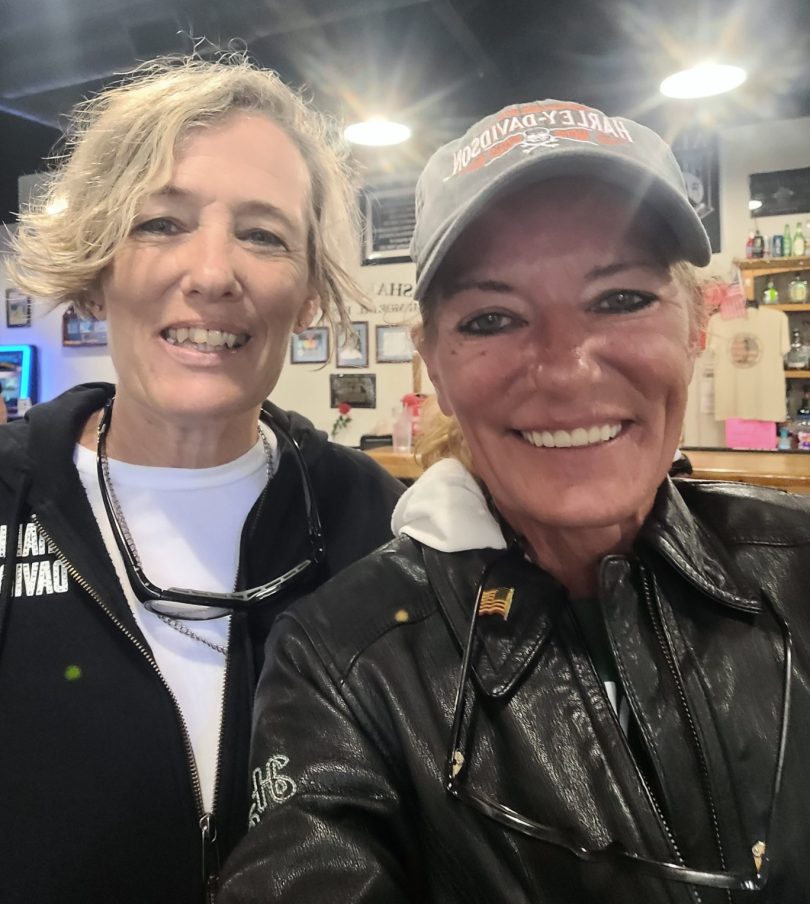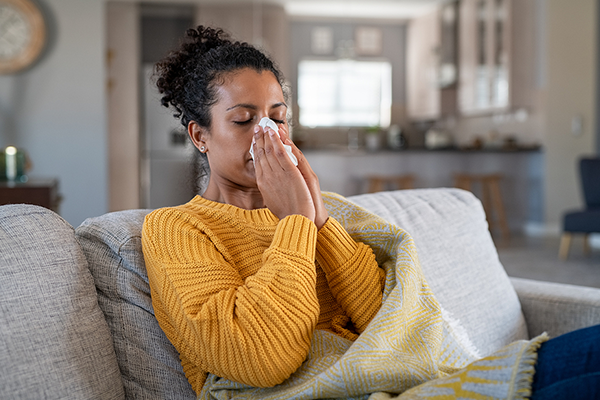After decades of listening to the lawn mower, loud music, city traffic or noisy machinery, the human ear often begins to falter. High-pitched sounds usually fade first – birds chirping, telephones ringing, even women’s voices. And age-related hearing loss, or presbycusis, occurs gradually, leaving many victims unaware of its advance.
Hearing loss affects an estimated 30 to 35 percent of Americans between 65 and 75 years old, and 40 to 50 percent of adults age 75 and older.*
“Hearing loss is the second most prevalent health issue,” said Dr. Sarah King, Director of Audiology at Augusta University Audiology Associates, “but those who suffer from it can rest assured that we’re committed to providing the highest quality hearing health care, from diagnostic testing to treatment.”
This can be frustrating, embarrassing and even dangerous. Older adults may find it difficult to understand a doctor’s orders, respond to warnings or alarms, hear doorbells and interact with friends and family.
Cause and effect
In addition to long-term noise exposure, heredity, medicines and health conditions can also contribute to hearing loss. Heart disease, high blood pressure, diabetes and other vascular conditions may reduce the blood supply to the ear and diminish hearing. Some medications, including quinine, several antibiotics and chemotherapy drugs, can also harm the inner ear.
Regardless of the cause, age-related hearing loss affects the clarity and volume of sounds. Symptoms include:
- Difficulty distinguishing high-pitched sounds from each other, especially “s” and “th.”
- Difficulty understanding conversations, especially in a crowd or with background noise.
- Asking others to speak more loudly, clearly or slowly.
- Turning up the volume on the television or radio.
- Hearing a ringing, roaring or hissing sound, called tinnitus, in one or both ears.
- Withdrawing from conversations and avoiding social situations.
Solutions for better hearing
While age-related hearing loss is often permanent, a combination of technology and coping skills may help older adults improve their quality of life.
Hearing aids make sounds stronger and easier to hear. An audiologist can help you decide if a hearing aid is right for you and fit your ear with the best option. Ask about wearing the aid for a trial period before you buy it.
“If you suffer from hearing loss, it’s important to become your own advocate,” King said. “If you’re a candidate for hearing aids, you have various options, and we’re here to help you decide what will work best for you based on your personal hearing loss and lifestyle.”
Assistive listening devices help to eliminate background noise and amplify sounds you want to hear. They include personal listening systems, as well as TV-and telephone-amplifying devices. Lip reading training teaches you how to interpret mouth and body movements when someone is talking.
You can also work with friends and family to make conversation easier. Tell them about your hearing loss and share the following communication tips:
- Speak face-to-face. Facial expressions, gestures and lip movements can provide helpful clues.
- Minimize background noise by turning off televisions and radios, and choosing quiet settings for conversations.
- Avoid speaking while chewing or covering your mouth.
- Speak at a normal pace and volume without exaggerating sounds.
- Rephrase complicated sentences if it seems to cause confusion.
To help preserve your hearing longer, wear earmuffs or earplugs in loud environments – whether at work or play – and have your hearing checked regularly. If you think you have a hearing loss, or may be at risk for one, talk to your doctor about hearing testing.
Ready for better hearing?
To schedule an appointment with an audiologist, call 706-721-6010, or visit augustahealth.org/audiology for more information.
* Source: National Institute on Deafness and Other Communication Disorders, nidcd.nih.gov.





